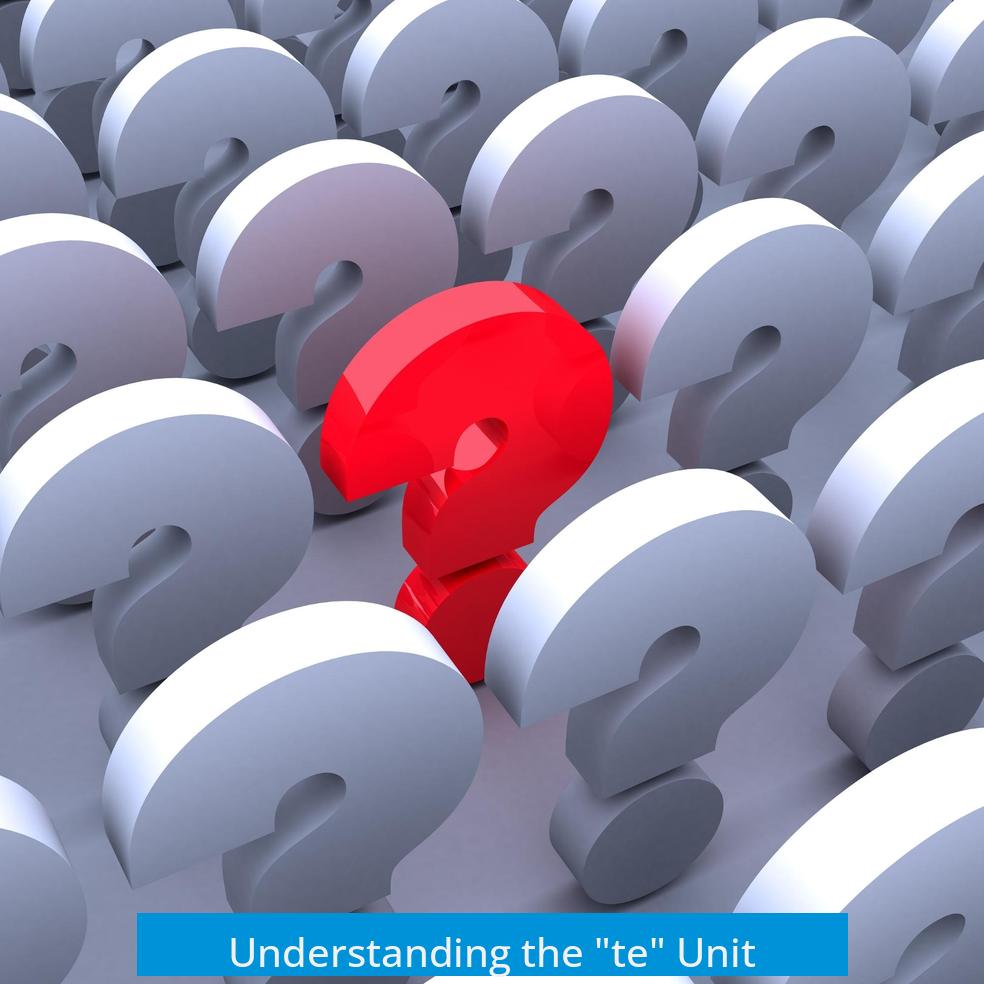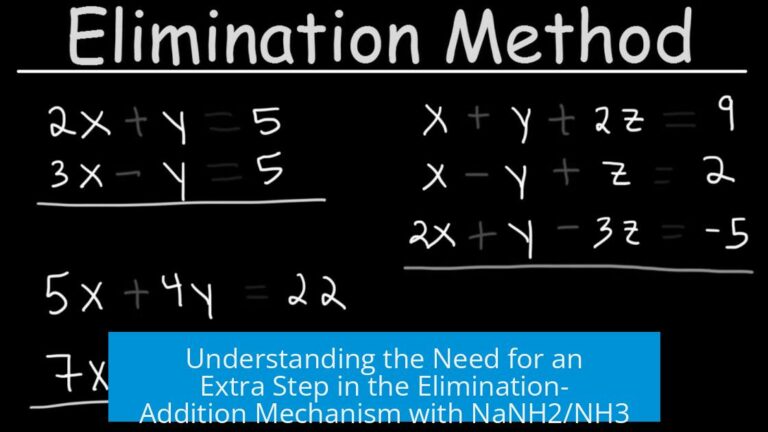Understanding the “te” Unit

The “te” unit is an abbreviation for “tonne,” equivalent to 1,000 kilograms. This designation appears mainly in specific industrial settings rather than in general science or chemistry contexts.
What Does “te” Mean?
- “te” stands for “tonne,” a metric unit of mass equal to 1,000 kg.
- This differs from “t,” the more common abbreviation for tonne.
- “te” is not a standard SI unit but a practical variant used in industry.
Industries Using “te”
The abbreviation “te” occurs primarily in the offshore and nuclear sectors. Organizations such as the UK’s Nuclear Decommissioning Authority (NDA) use this form in waste management documentation.
The use of “te” by entities like the NDA suggests industry-specific conventions rather than widespread scientific practice.
Why the Variation?
- “Te” may aid clarity in industries that track large mass volumes clinically and operationally.
- It helps distinguish tonne measurements from other abbreviations or potential confusion.
- This usage is particularly relevant in regulatory, environmental, or waste handling contexts.
Clarifying the Unit in Texts
When encountering “te” in books or reports, checking the abbreviation glossary is the first step. Scientific texts often define shorthand units to avoid confusion.
If the abbreviation list is missing or unclear, consider the context. For example, if the document discusses heavy materials, “te” likely refers to tonnes.
For ambiguous cases outside chemistry, examining related fields such as biology or industrial engineering may help resolve uncertainties.
User Experience and Commonality
Many readers and even professionals find “te” unfamiliar.
This lack of widespread recognition reflects how specific “te” usage is limited to niche sectors.
General chemistry literature rarely employs this unit, so encountering “te” often signals a specialized or application-driven text.
Key Takeaways
- “te” abbreviates “tonne” (1000 kg), primarily in offshore and nuclear industries.
- The abbreviation is not standard but serves operational clarity in certain sectors.
- Consult abbreviation lists in texts to confirm meaning.
- Outside these fields, “te” is uncommon and might cause confusion.
- Understanding context is crucial to interpret “te” correctly.
What does the unit “te” stand for?
“Te” is an abbreviation for “tonne,” which equals 1000 kilograms. It is not as common as the simple “t” but is used in certain industries.
In which industries is the “te” unit commonly used?
“Te” is often used in offshore and nuclear industries. The UK’s Nuclear Decommissioning Authority has also used it, likely related to waste management.
Why might “te” be confusing to people?
Many are unfamiliar with “te” because “t” is the usual abbreviation for tonne. It’s rare outside specialized fields, causing uncertainty for readers.
How can I check the meaning of “te” in a specific document?
Look for an abbreviations list in the book or paper. Scientific publications usually include it, clarifying uncommon units like “te.”
What if I can’t find answers about “te” in chemistry sources?
If chemistry forums don’t explain “te,” try bio or medicinal science communities. Some usage might cross into those areas.





Leave a Comment